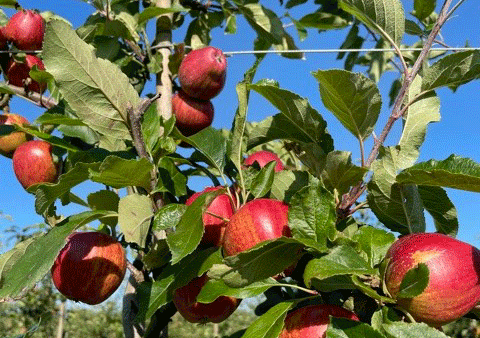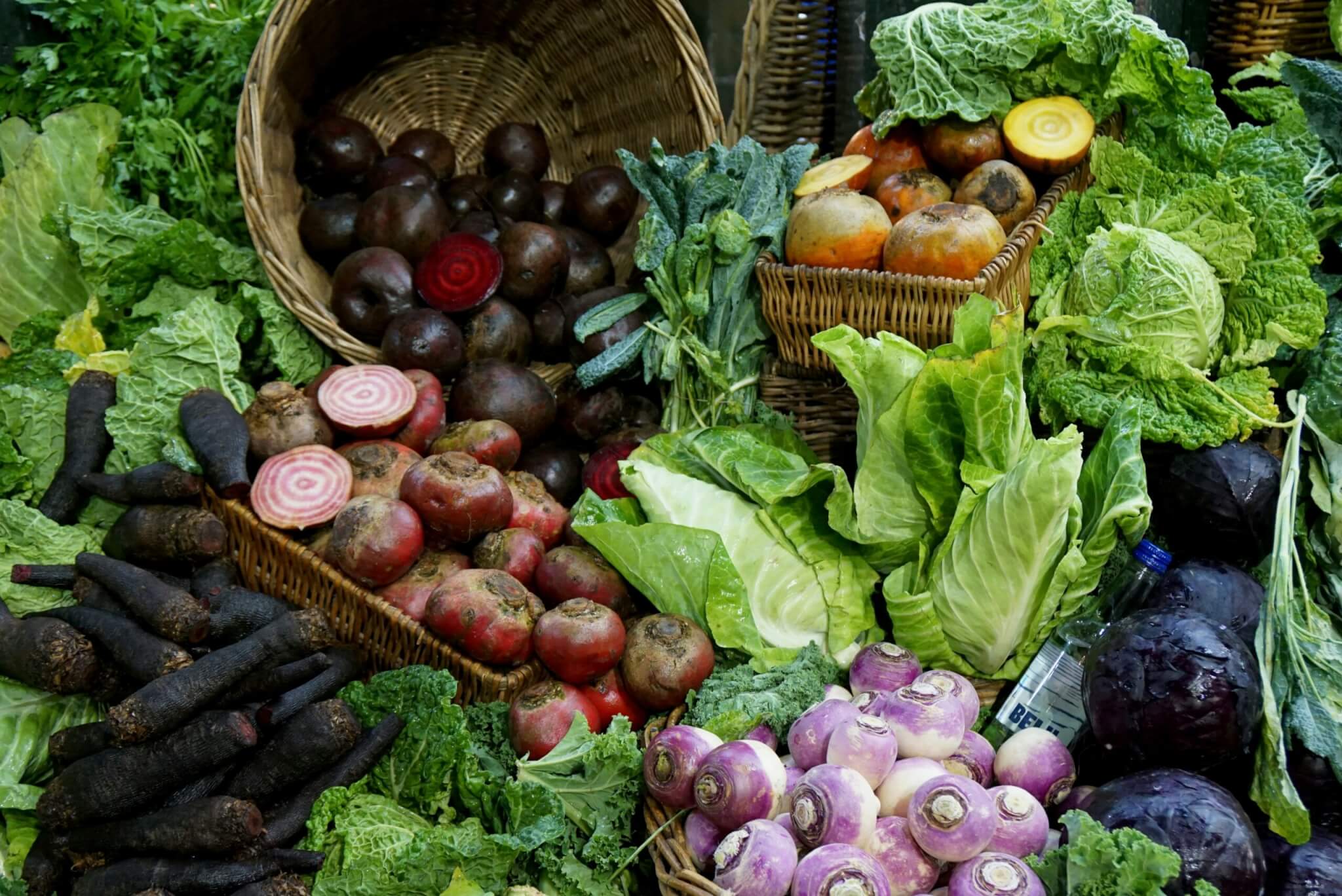The first English apples of the 2021 season are poised to arrive after “biblical rain”, an extraordinary number of frosts and other extreme weather have combined to make the toughest growing season on record for growers.
The season will begin next week with early variety Discovery as the first English apple available, but growers say they have faced an “unbelievably tough” growing year and in some cases have lost over half their crop.
Organic apple and pear grower Paul Ward said his apple crop is around 40 per cent of what it would be in a normal year, while pears will be even lower at around 10-15 per cent of what he would expect.
“We’re almost at the point where we need to be growing across twice as much ground to get what we need. It’s getting increasingly hard; over the last 12-15 years we’ve had at least four droughts,” said Ward, who farms in Kent, in the east of England. “Things are changing and they’re changing very quickly.”
Ward said the volume of rain brings the threat of fungal diseases, such as scab, which he tackles using organic methods and a spray made of potassium bicarbonate, and seaweed.
The weather has also led to high numbers of pests, but he said the most worrying thing was the increasingly visible changing climate. “Overall it’s very worrying. I’ve got grandchildren and it makes you think what kind of planet are they going to inherit?” he said.

Apple growers across the wider industry have faced other challenges such as the price of cardboard rising by 30 per cent and “unprecedented” difficulties in sourcing pickers due to Brexit and the pandemic, according to trade body British Apples and Pears (BAPL).
Labour shortages has sent wages soaring by up to 50 per cent in some cases, something that is affecting the future viability of small-scale UK apple growers, the association said.
“There is no doubt the unpredictable weather conditions have posed challenges to British apples and pear growers. Coupled with steep rises in the cost of production, 2021 is undoubtedly testing the industry,” said executive chair of BAPL and apple grower Ali Capper.
According to a new report by research agency Andersons, in the six years from 2016 to 2021, UK growers have seen unprecedented increases in how much it costs to produce apples.
This has been driven mainly by wage inflation, which typically represents 35-40 per cent of a grower’s costs, and additional costs due to labour shortages arising from Brexit.
“These unprecedented increases in employment costs have had a significant impact on the economics and financial viability of UK apple and pear production,” a summary from Andersons read.
The bulk of the English apple season usually runs from August to around May, when supply typically switches over to southern hemisphere producers like Chile, Argentina and New Zealand, but this year that crossover is likely to be earlier.
“It will be a shorter season. Usually the season goes to May, but instinct tells me that by January-February, English fruit will be finished,” Ward said.












Apple and pear trees in the garden also have fewer fruit this year than last.